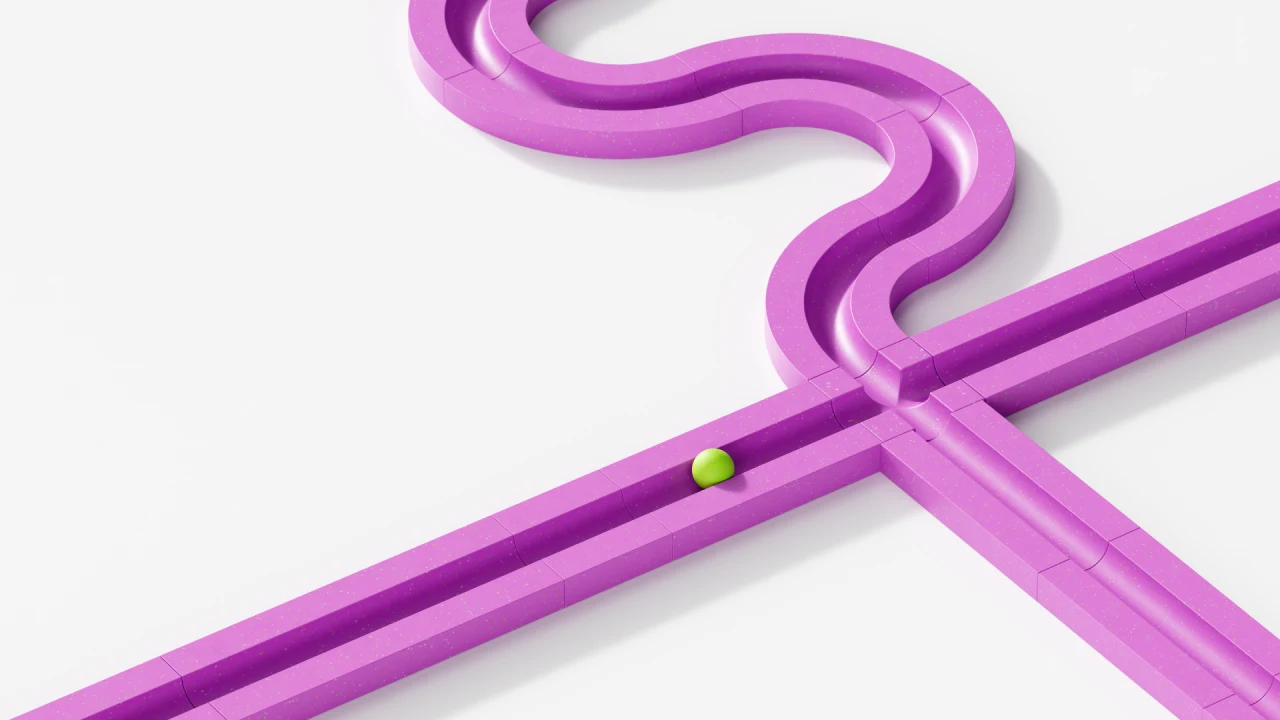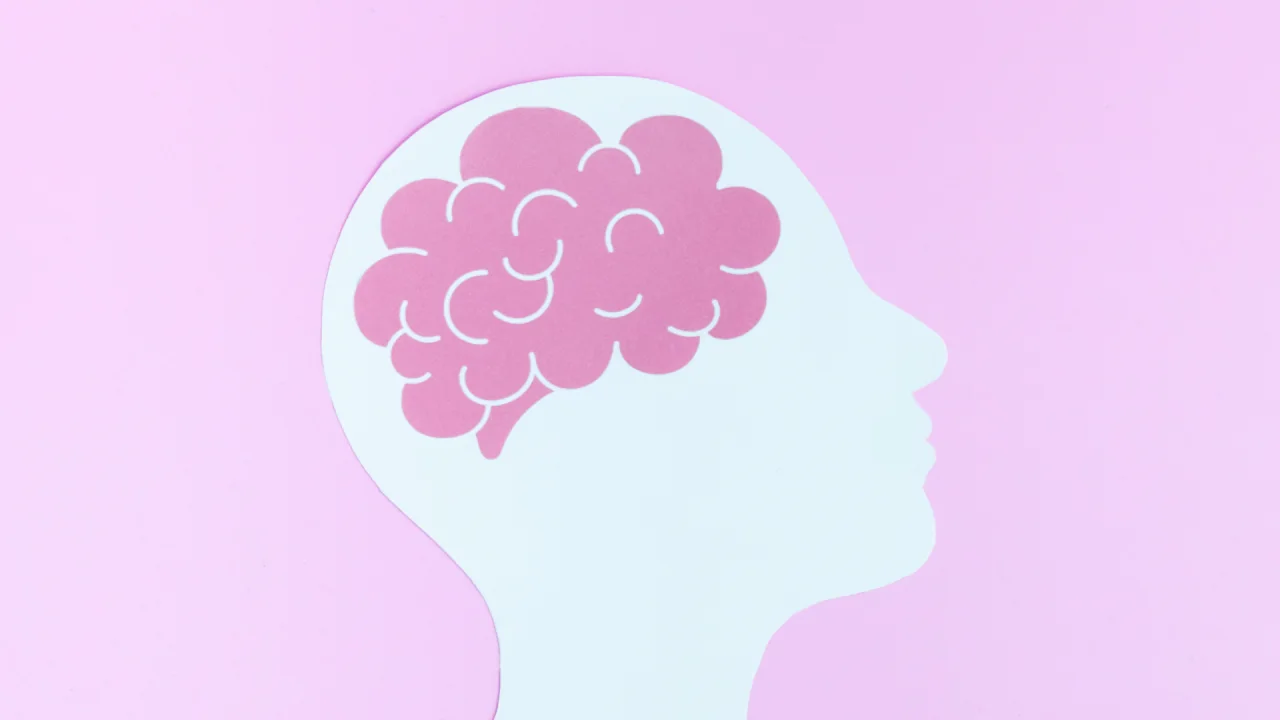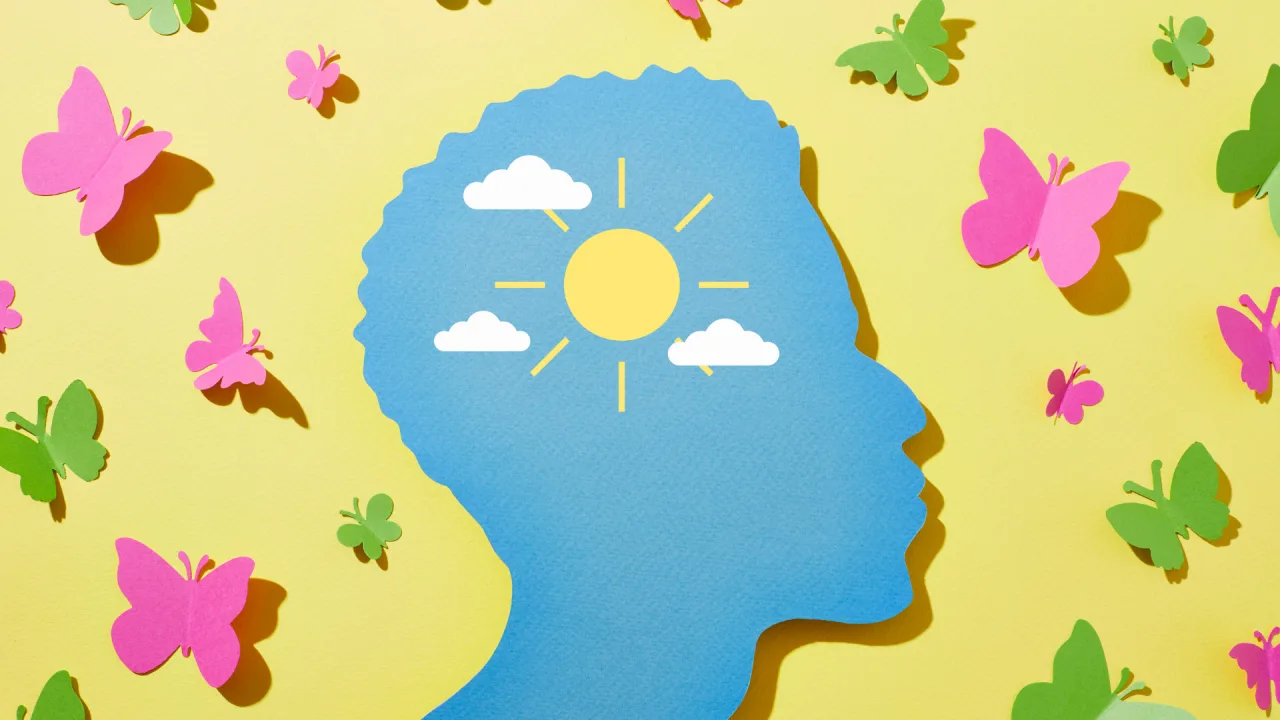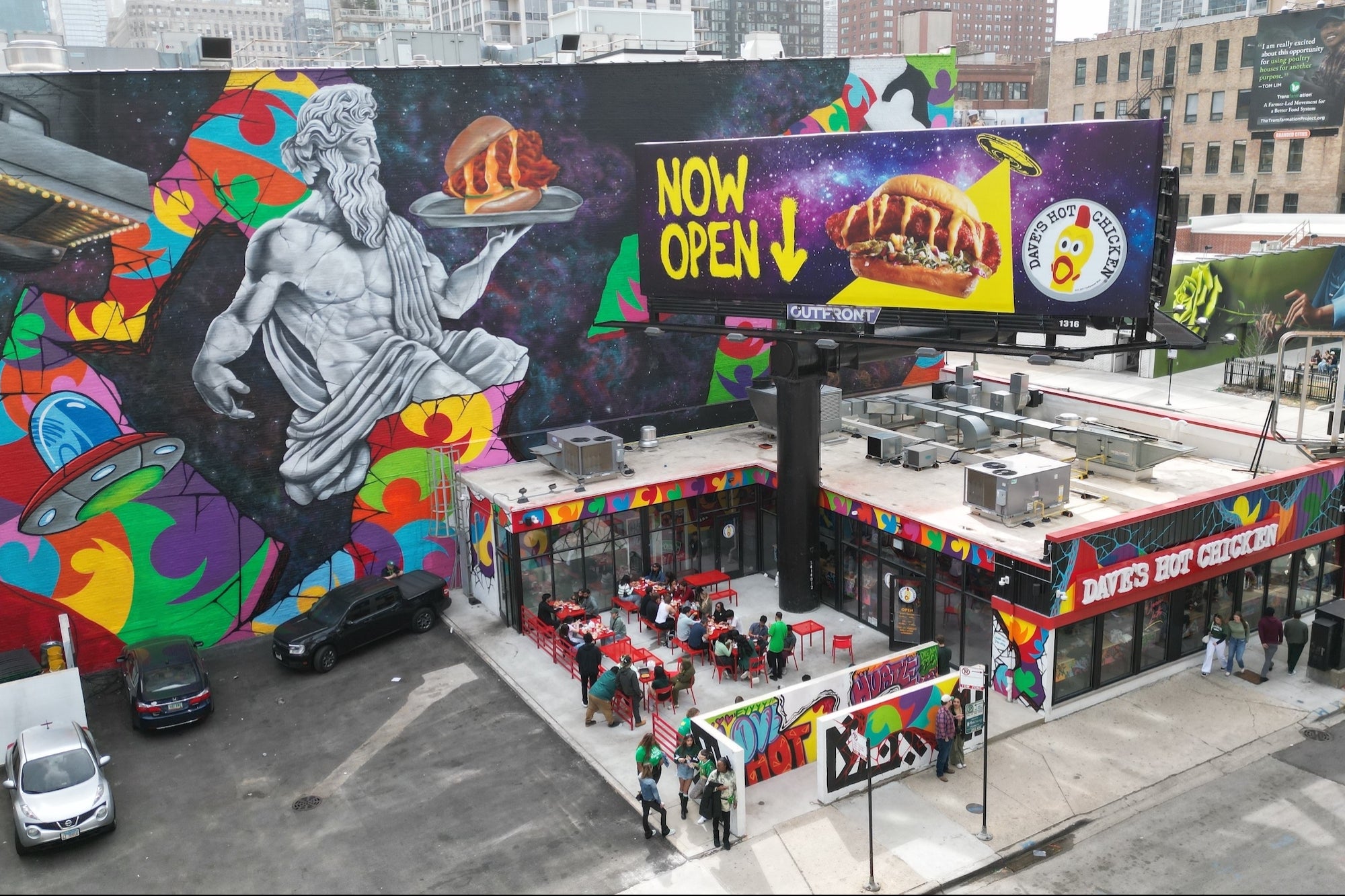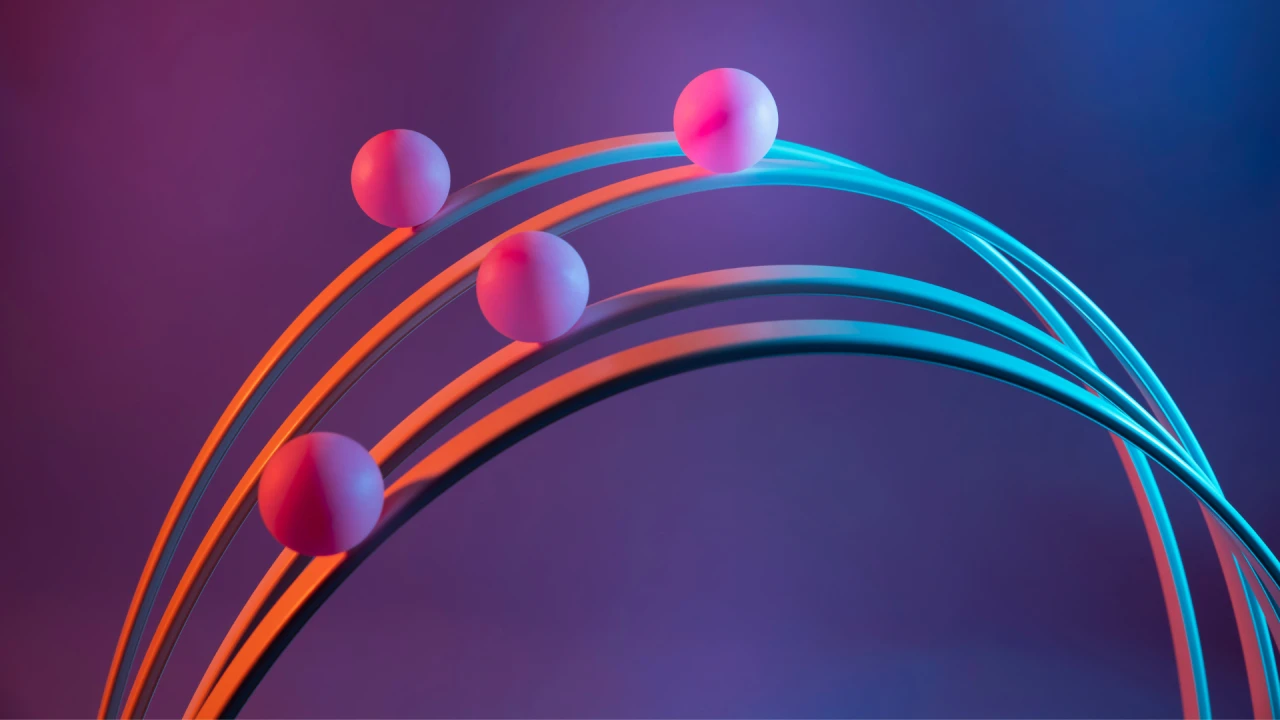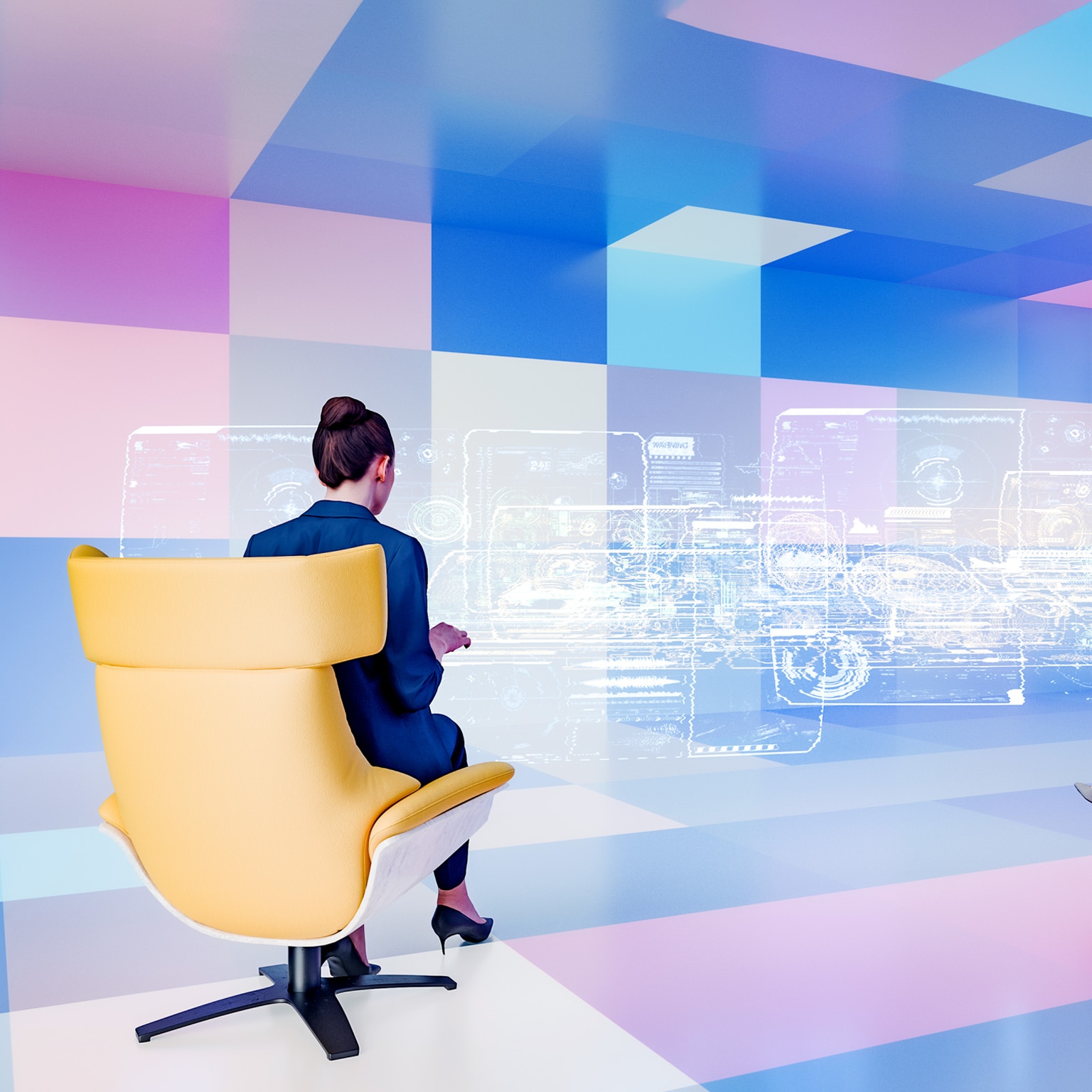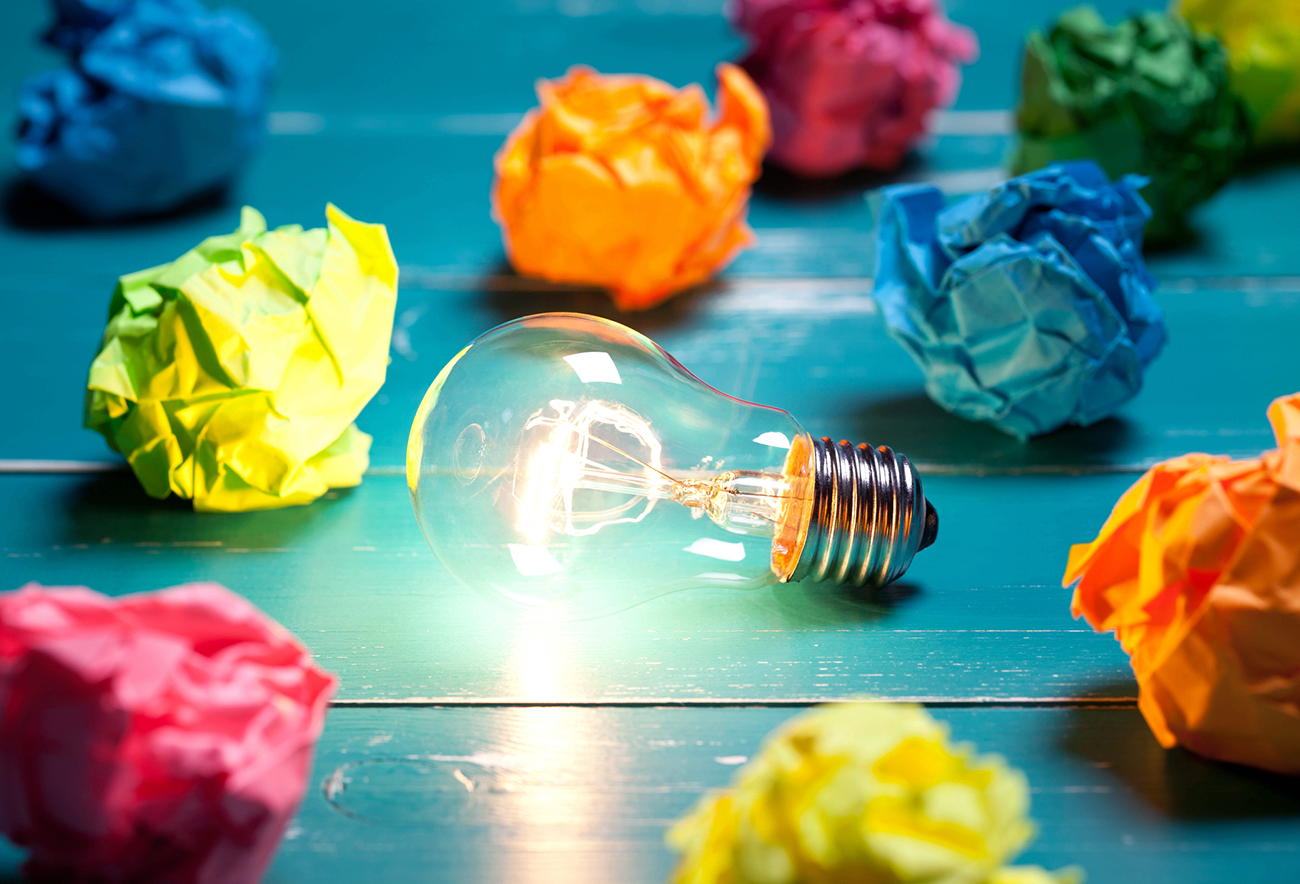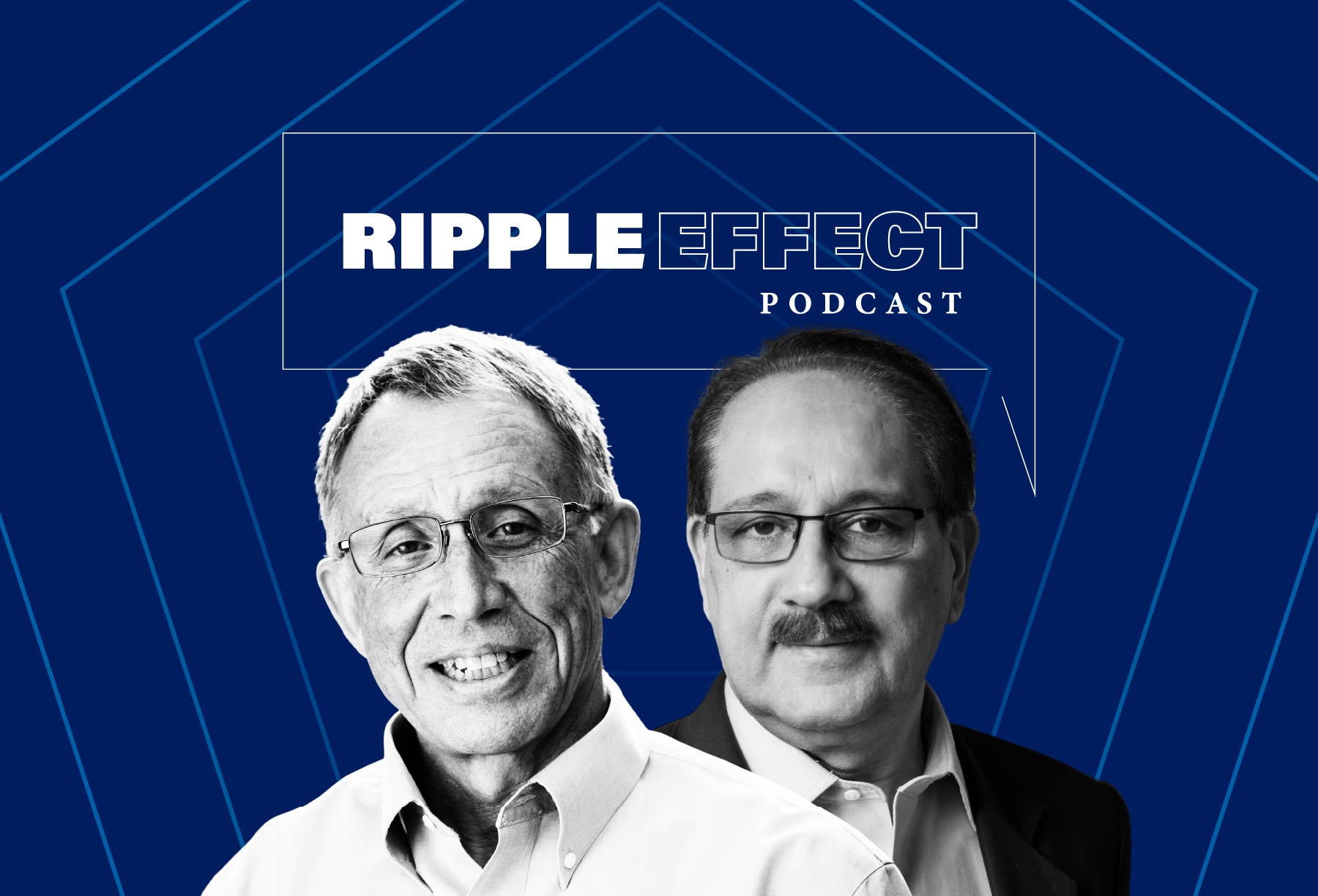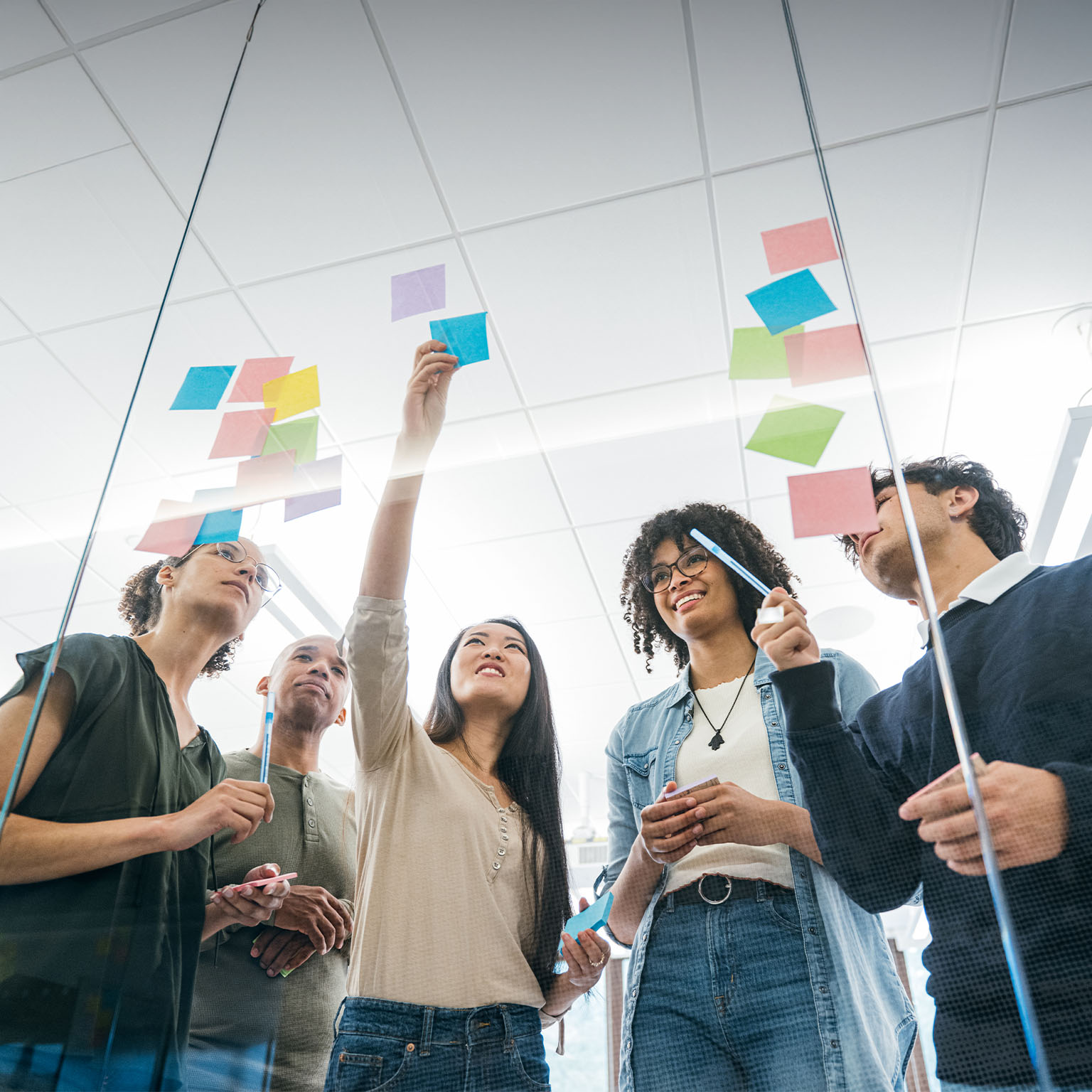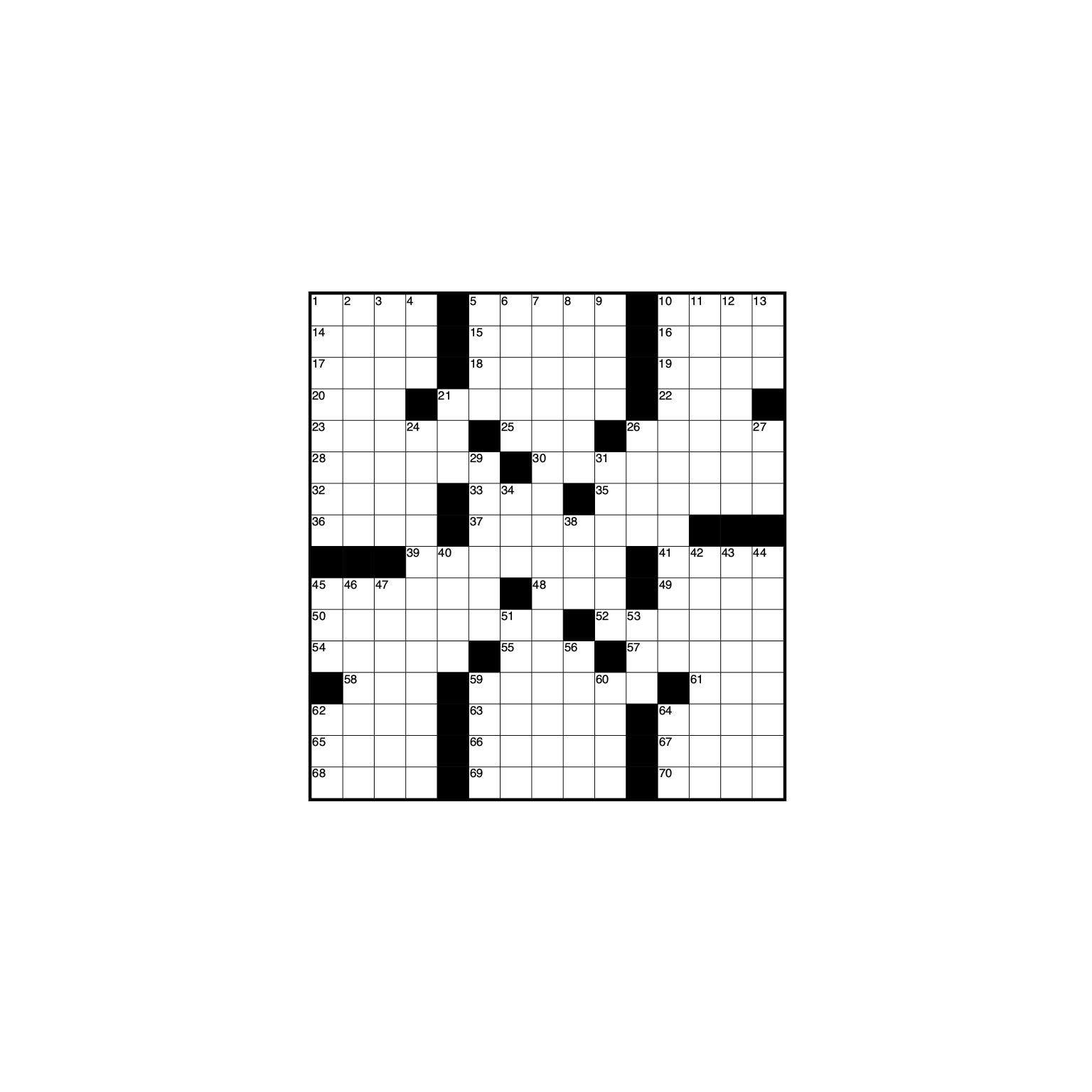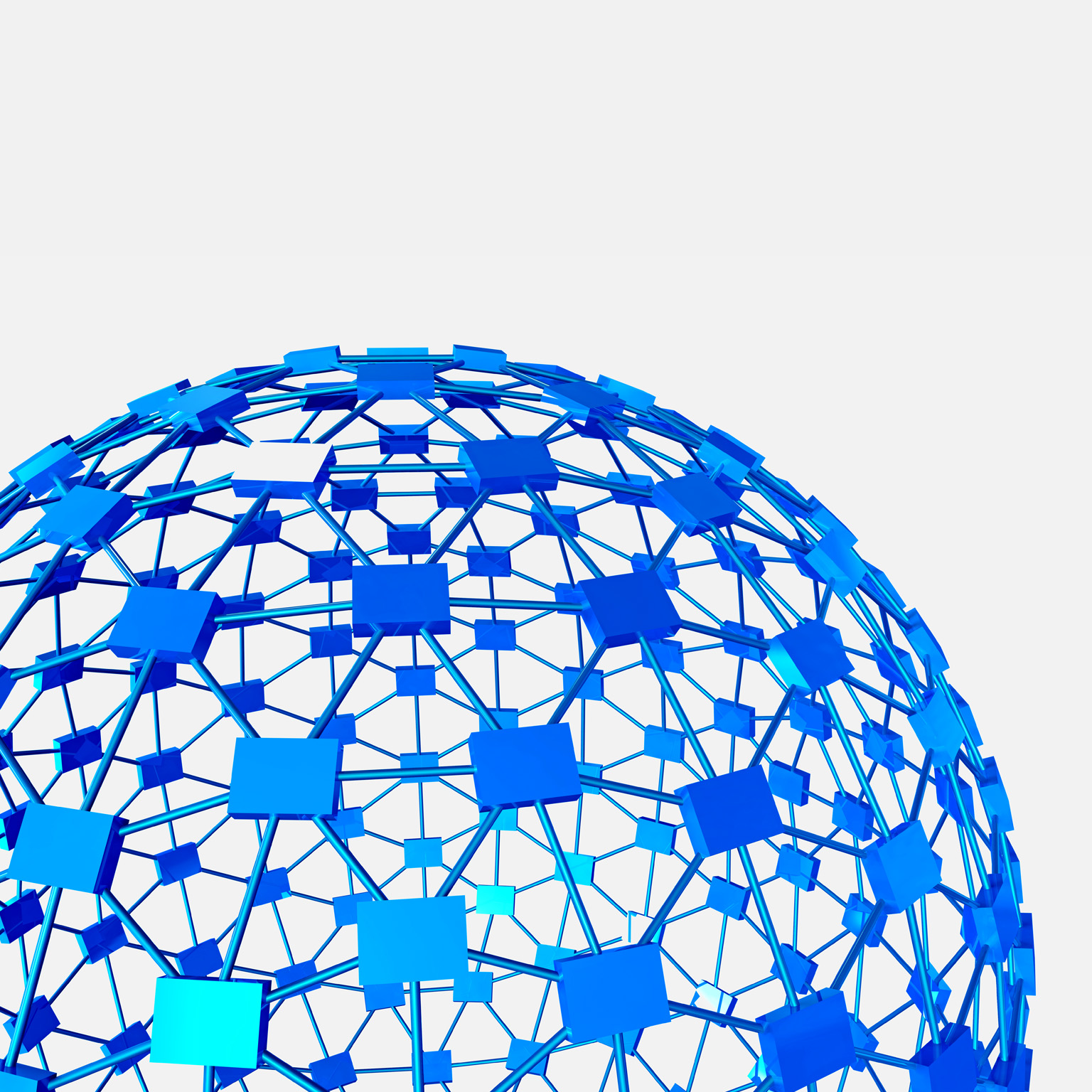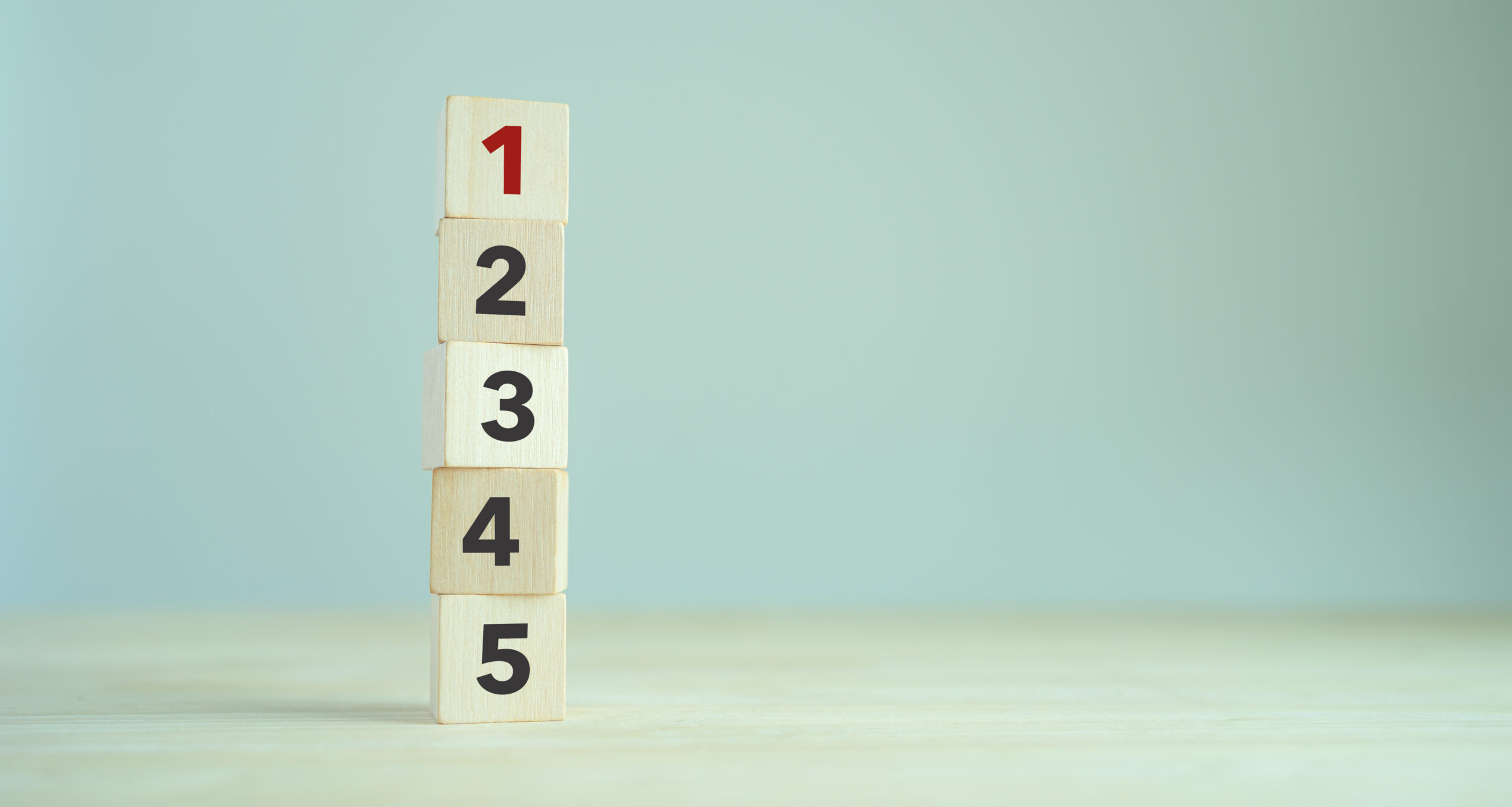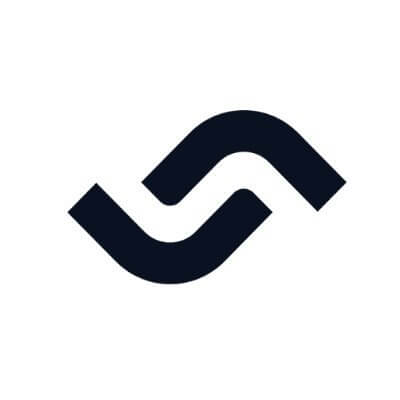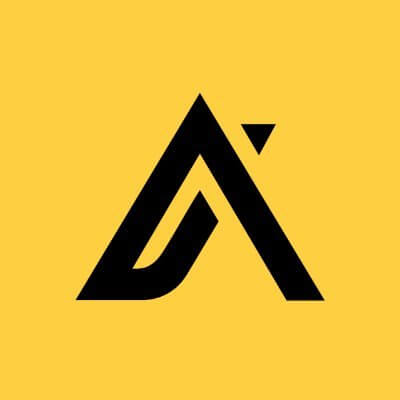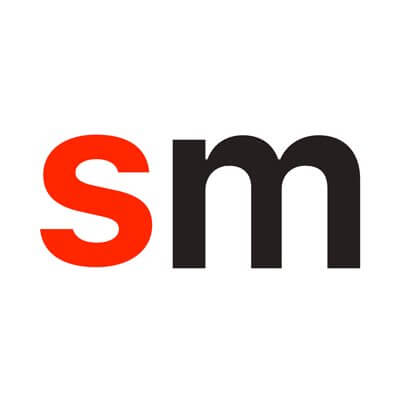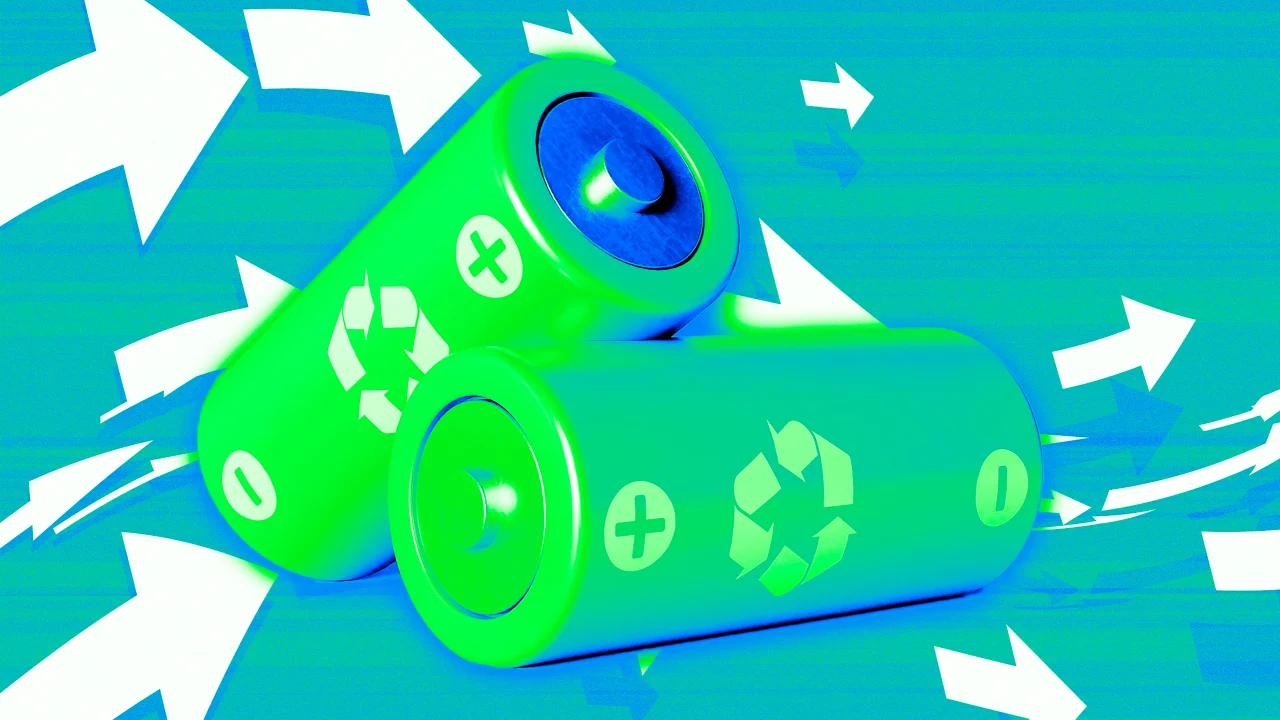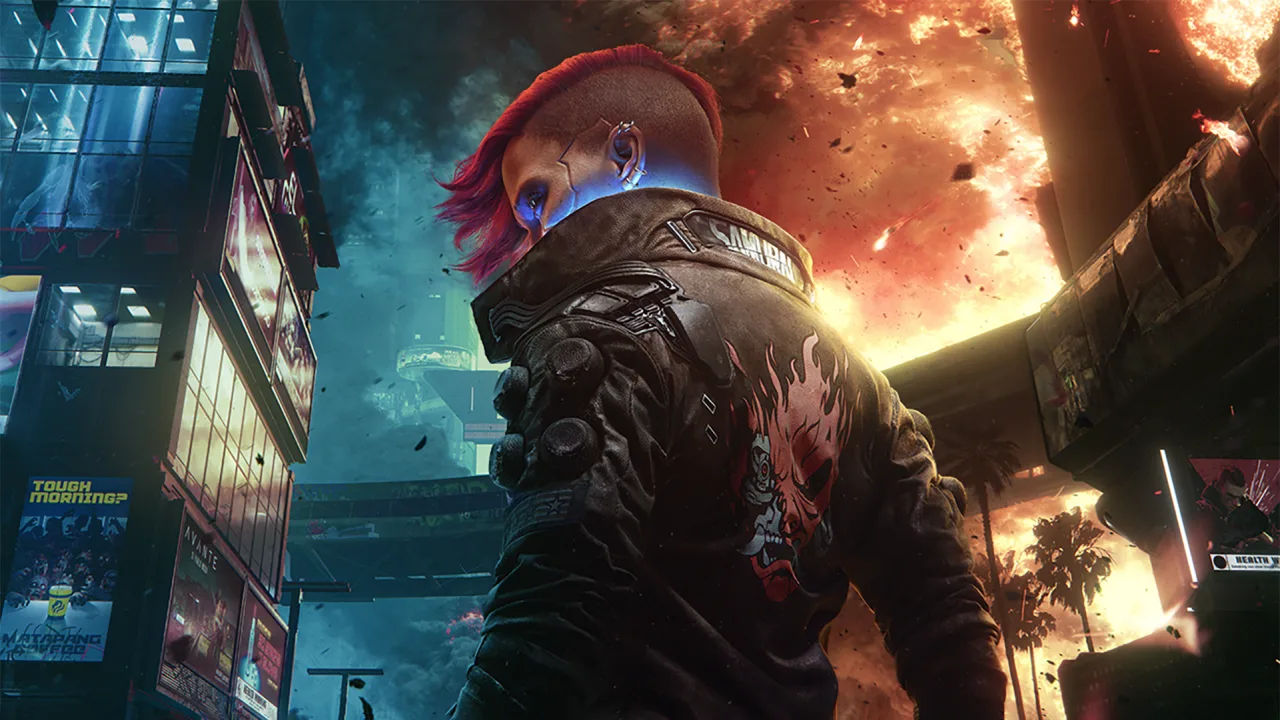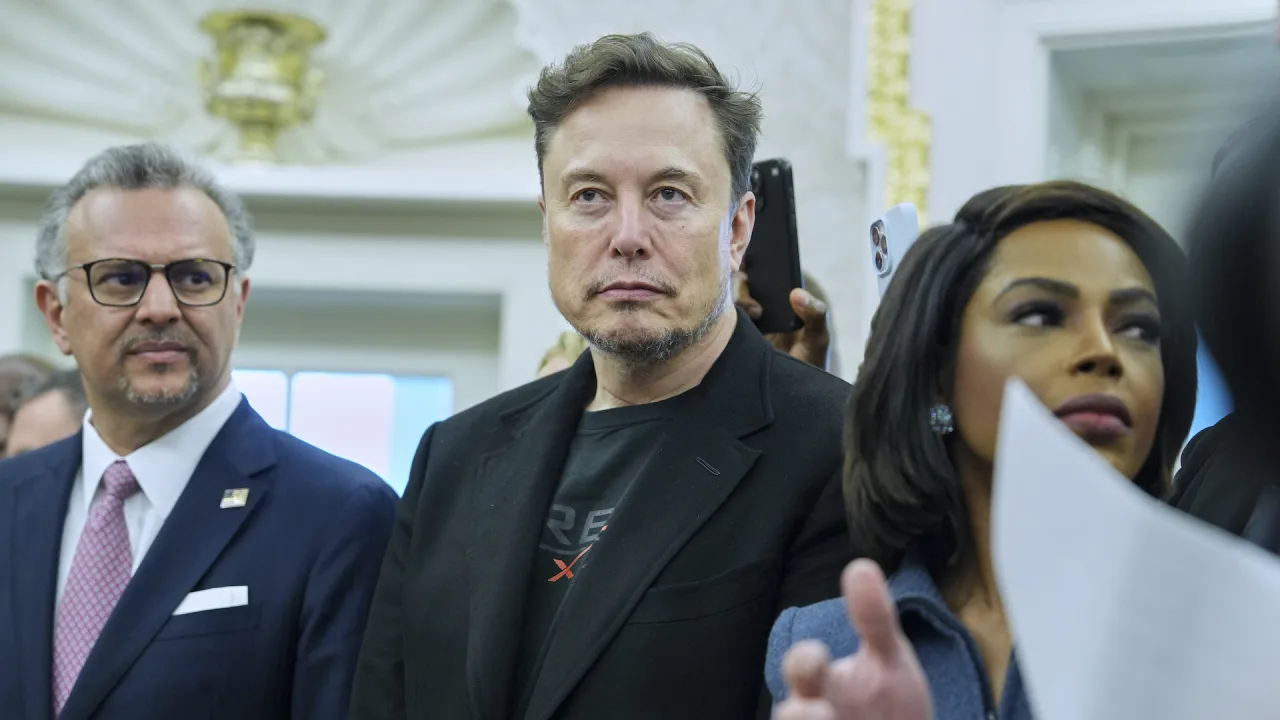Pinterest wooed Gen Zers. Will AI pins drive them away?
Loving Pinterest has long been a part of my secretly middle-aged personality. I have 16.1k pins to my name to prove it. I started my account in middle school eight years ago, and Pinterest has been a dear companion to me ever since. I used to log on every day to tuck away precious ideas and artworks into my boards, which I could take out to admire every time I needed advice, a joke, or a drawing lesson. I am not alone in this. Pinterest says that 42% of its global user base is Gen Z. “I think Gen Z has really latched onto Pinterest as a safe platform to use, especially with so much happening around other social media platforms,” says Lois, whose Tiktok videos about Pinterest under the username dandydemon have garnered over six million views. “Pinterest is a very atypical social media platform. It’s not like Instagram, it’s not like TikTok, where you’re actively scrolling. It’s a very personalized social media platform, and it feels almost like a journal of sorts for people.” But for many users like Lois, a worrying pattern has emerged over the past couple of years. “There is so much AI on the platform… that it’s hard to determine what [posts are] AI, and where it is coming from,” she says. Other people like Reddit user InterationInternal agree. “I was looking for hair color inspo and it was all AI. I couldn’t find a single human!! Then [I] typed in nail inspo, interior design – same thing. Is this platform dead?” they wrote in a thread titled “Pinterest is 100% AI now?” R/Pinterest hosts hundreds of posts with similar complaints. Frustration over AI content and the recent mass deletion of user accounts is boiling over to the point where many users are leaving the platform for alternatives. Andy McCune, co-founder and CEO of the curation app Cosmos, says that after launching in August 2024, Cosmos has already gained millions of users. And, in the couple of days after Lois shouted out the platform as a Pinterest alternative in her a video discussing the Pinterest bans, McCune noted that Cosmos saw tens of thousands of new users join the platform. Pinterest says AI slop is not a problem on its platform. “Pinterest’s systems are designed to prominently surface high-quality, inspirational content” says a spokesperson for the company. “Low-quality Gen AI content is therefore not broadly recommended by our systems or widely seen by users.” Still, to help address user concerns about the presence of AI generated content on the platform, Pinterest rolled out a new feature to tag AI content in April. To help people determine whether a post contains AI-modified or generated content, Pinterest now analyzes the metadata of its images to look for AI markers. For those that fall through the cracks, Pinterest has also developed classifiers to detect AI generated content automatically. If Pinterest determines that an image is AI generated, it adds an “AI modified” label when users view it in closeup. “As we refine these classifiers, our labels will become even more helpful and accurate,” says the spokesperson. Not everyone thinks this fix will be enough. Lois believes that the existence of the AI pins in the first place undermines the utility of Pinterest. “I use Pinterest for home decor reasons,” she says. “I love to imagine what my future home would look like, and also get decor items from Pinterest, and there’s no way to get a decor item that was made by AI… the whole point of Pinterest, to me, as far as the commerce side of it is seeing products that I can buy because they exist within reality.” Pinterest is piloting a solution for this as well. The company is currently experimenting with a “see fewer” option for Gen AI pins in categories “prone to AI modification or generation” such as decor and food. “We believe that AI should enhance, not replace, the value provided by our creators. Pinterest’s algorithms will continue to prioritize content that is inspirational, actionable and most relevant to individual users,” says the spokesperson. Deeper questions about AI on Pinterest Although these features may help users declutter their homepages of AI content, the overall amount of AI generated content on Pinterest will likely keep growing. After studying Pinterest’s monthly data and trend reports for January through April 2025, the technology-focused newsletter Garbage Day wrote for Sherwood News that “every trend that Pinterest has specifically reported as growing since January 2025 has been saturated with pictures created by AI models.” In fact, the article asserts that all 16 trends in Pinterest’s April trends report contained multiple AI generated images in the top 20 search results. The continued encouragement of AI generated images is worrying for many people working in the arts. “It’s the sort of indiscriminate use of [AI] that bypasses the very valuable and hard work and the very sophisticated and complex work and creative processes of artists” says Robert Brinkerhoff, Department Head
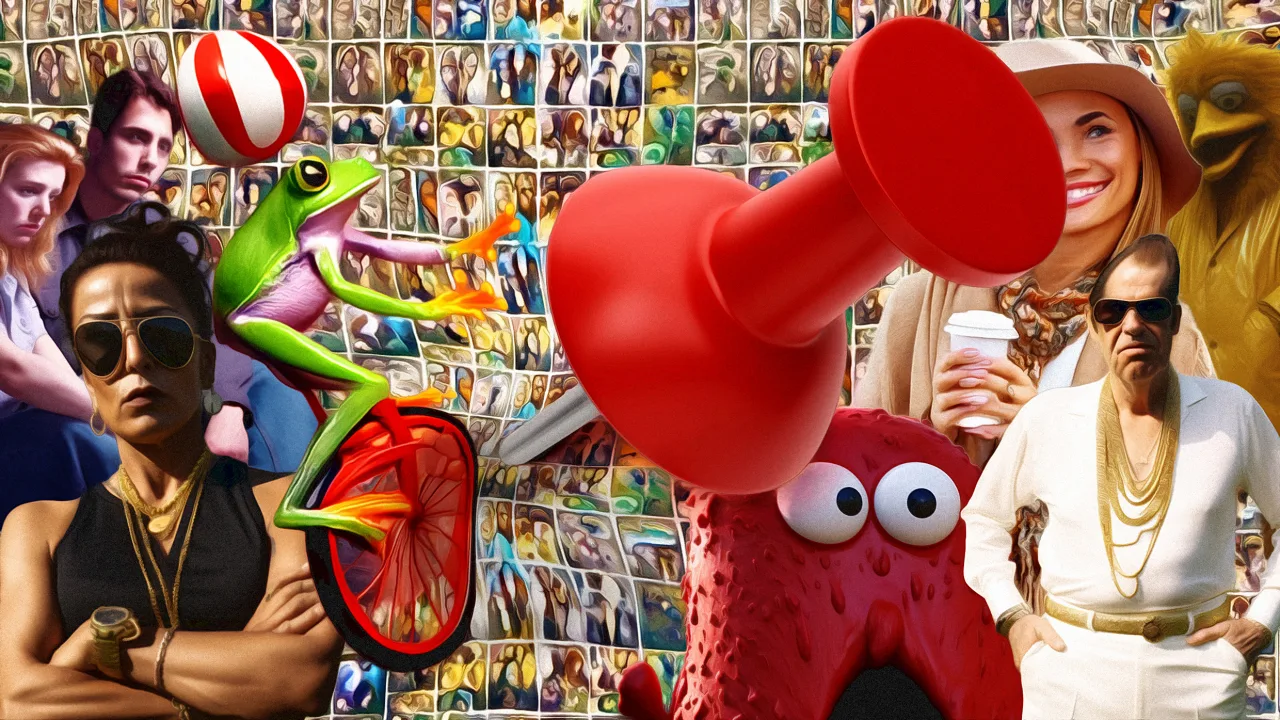
Loving Pinterest has long been a part of my secretly middle-aged personality. I have 16.1k pins to my name to prove it. I started my account in middle school eight years ago, and Pinterest has been a dear companion to me ever since. I used to log on every day to tuck away precious ideas and artworks into my boards, which I could take out to admire every time I needed advice, a joke, or a drawing lesson.
I am not alone in this. Pinterest says that 42% of its global user base is Gen Z. “I think Gen Z has really latched onto Pinterest as a safe platform to use, especially with so much happening around other social media platforms,” says Lois, whose Tiktok videos about Pinterest under the username dandydemon have garnered over six million views. “Pinterest is a very atypical social media platform. It’s not like Instagram, it’s not like TikTok, where you’re actively scrolling. It’s a very personalized social media platform, and it feels almost like a journal of sorts for people.”
But for many users like Lois, a worrying pattern has emerged over the past couple of years. “There is so much AI on the platform… that it’s hard to determine what [posts are] AI, and where it is coming from,” she says. Other people like Reddit user InterationInternal agree. “I was looking for hair color inspo and it was all AI. I couldn’t find a single human!! Then [I] typed in nail inspo, interior design – same thing. Is this platform dead?” they wrote in a thread titled “Pinterest is 100% AI now?” R/Pinterest hosts hundreds of posts with similar complaints.
Frustration over AI content and the recent mass deletion of user accounts is boiling over to the point where many users are leaving the platform for alternatives. Andy McCune, co-founder and CEO of the curation app Cosmos, says that after launching in August 2024, Cosmos has already gained millions of users. And, in the couple of days after Lois shouted out the platform as a Pinterest alternative in her a video discussing the Pinterest bans, McCune noted that Cosmos saw tens of thousands of new users join the platform.
Pinterest says AI slop is not a problem on its platform. “Pinterest’s systems are designed to prominently surface high-quality, inspirational content” says a spokesperson for the company. “Low-quality Gen AI content is therefore not broadly recommended by our systems or widely seen by users.”
Still, to help address user concerns about the presence of AI generated content on the platform, Pinterest rolled out a new feature to tag AI content in April. To help people determine whether a post contains AI-modified or generated content, Pinterest now analyzes the metadata of its images to look for AI markers. For those that fall through the cracks, Pinterest has also developed classifiers to detect AI generated content automatically. If Pinterest determines that an image is AI generated, it adds an “AI modified” label when users view it in closeup. “As we refine these classifiers, our labels will become even more helpful and accurate,” says the spokesperson.
Not everyone thinks this fix will be enough. Lois believes that the existence of the AI pins in the first place undermines the utility of Pinterest. “I use Pinterest for home decor reasons,” she says. “I love to imagine what my future home would look like, and also get decor items from Pinterest, and there’s no way to get a decor item that was made by AI… the whole point of Pinterest, to me, as far as the commerce side of it is seeing products that I can buy because they exist within reality.”
Pinterest is piloting a solution for this as well. The company is currently experimenting with a “see fewer” option for Gen AI pins in categories “prone to AI modification or generation” such as decor and food. “We believe that AI should enhance, not replace, the value provided by our creators. Pinterest’s algorithms will continue to prioritize content that is inspirational, actionable and most relevant to individual users,” says the spokesperson.
Deeper questions about AI on Pinterest
Although these features may help users declutter their homepages of AI content, the overall amount of AI generated content on Pinterest will likely keep growing. After studying Pinterest’s monthly data and trend reports for January through April 2025, the technology-focused newsletter Garbage Day wrote for Sherwood News that “every trend that Pinterest has specifically reported as growing since January 2025 has been saturated with pictures created by AI models.” In fact, the article asserts that all 16 trends in Pinterest’s April trends report contained multiple AI generated images in the top 20 search results.
The continued encouragement of AI generated images is worrying for many people working in the arts. “It’s the sort of indiscriminate use of [AI] that bypasses the very valuable and hard work and the very sophisticated and complex work and creative processes of artists” says Robert Brinkerhoff, Department Head of Illustration at RISD. “I think one of our chief worries is that visual culture will diminish ultimately because with capitalism as a driving force, quality is not as important as money.”
Brinkerhoff notes that it is getting more and more difficult for artists to compete with the speed and increasing accuracy of AI generated content. “For instance, an exploding area of practice for illustrators in recent years has been in visual development for film, for games, for animation, and many of our students are interested in that,” he says. “But those industries… are losing jobs and they’re being replaced by AI because it’s quite easy to generate that stuff and [AI is] very readily capable of creating stuff quickly.”
This concept is exactly what AI slop farmers on Pinterest such as Jesse Cunningham bank on. Cunningham openly admits to flooding Pinterest with AI content to make revenue. “I’m talking $10,000 per month on Pinterest… using AI images, using AI text,” he says in a YouTube video explaining his process.
“On my page, we do 50 to 80 [posts] a day,” he says. “We are presenting Pinterest with unique images every single time. This is why it’s hard to compete with AI.”
Not to mention that despite launching their new filters on AI content, Pinterest itself continues to use users’ information to train their own AI models. “When you save or upload content to Pinterest, we may use it to improve the accuracy, safety and overall performance of Pinterest Canvas,” says Pinterest on its Help Center website.
What happens when a platform uses AI to train itself to better “help people find inspiration to create a life they love,” when an increasing number of uploads are AI generated? “The more you subtract human beings from making things like art… the more dehumanized we become as a society, I think,” says Brinkerhoff.

